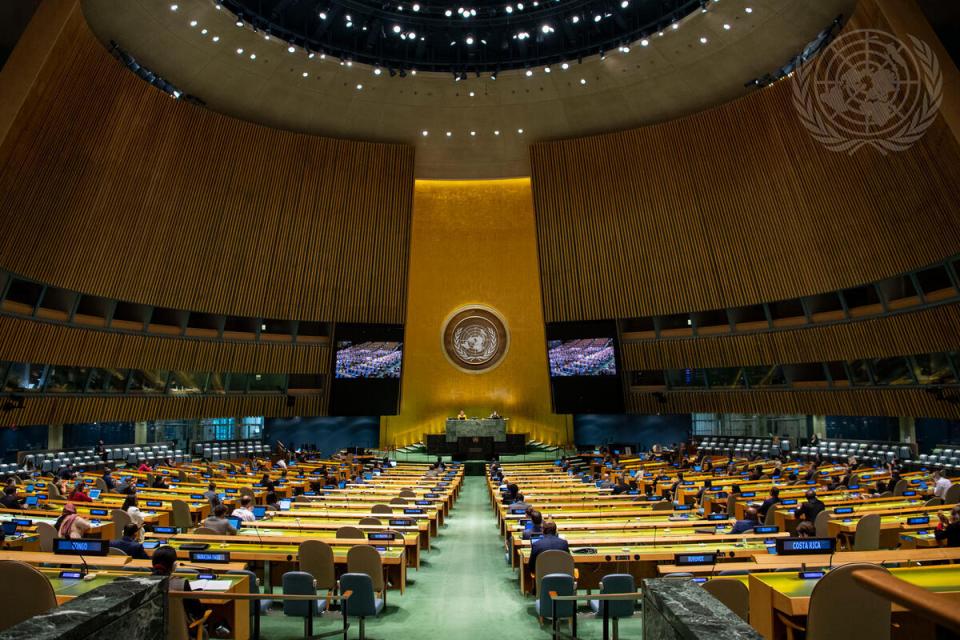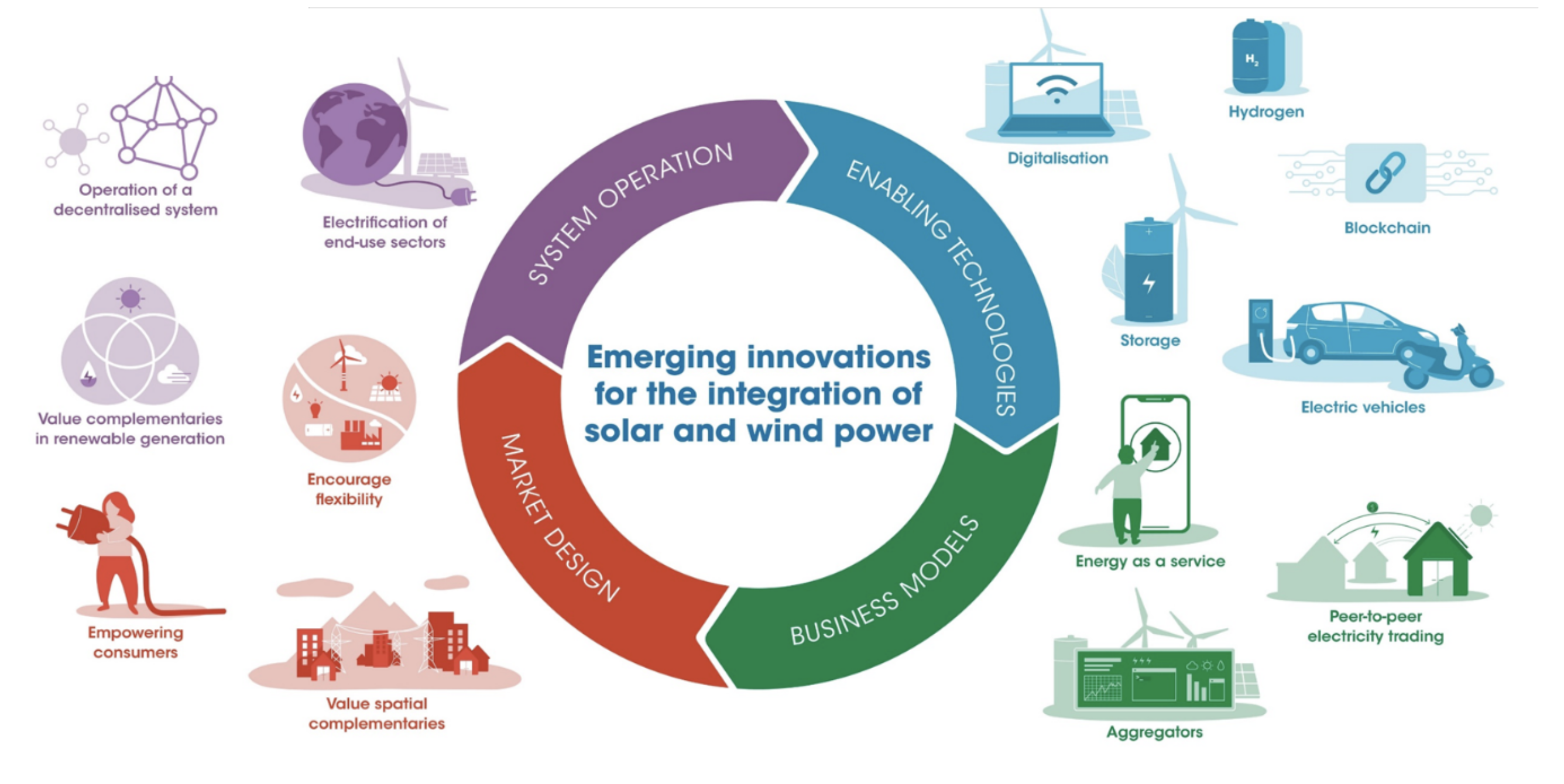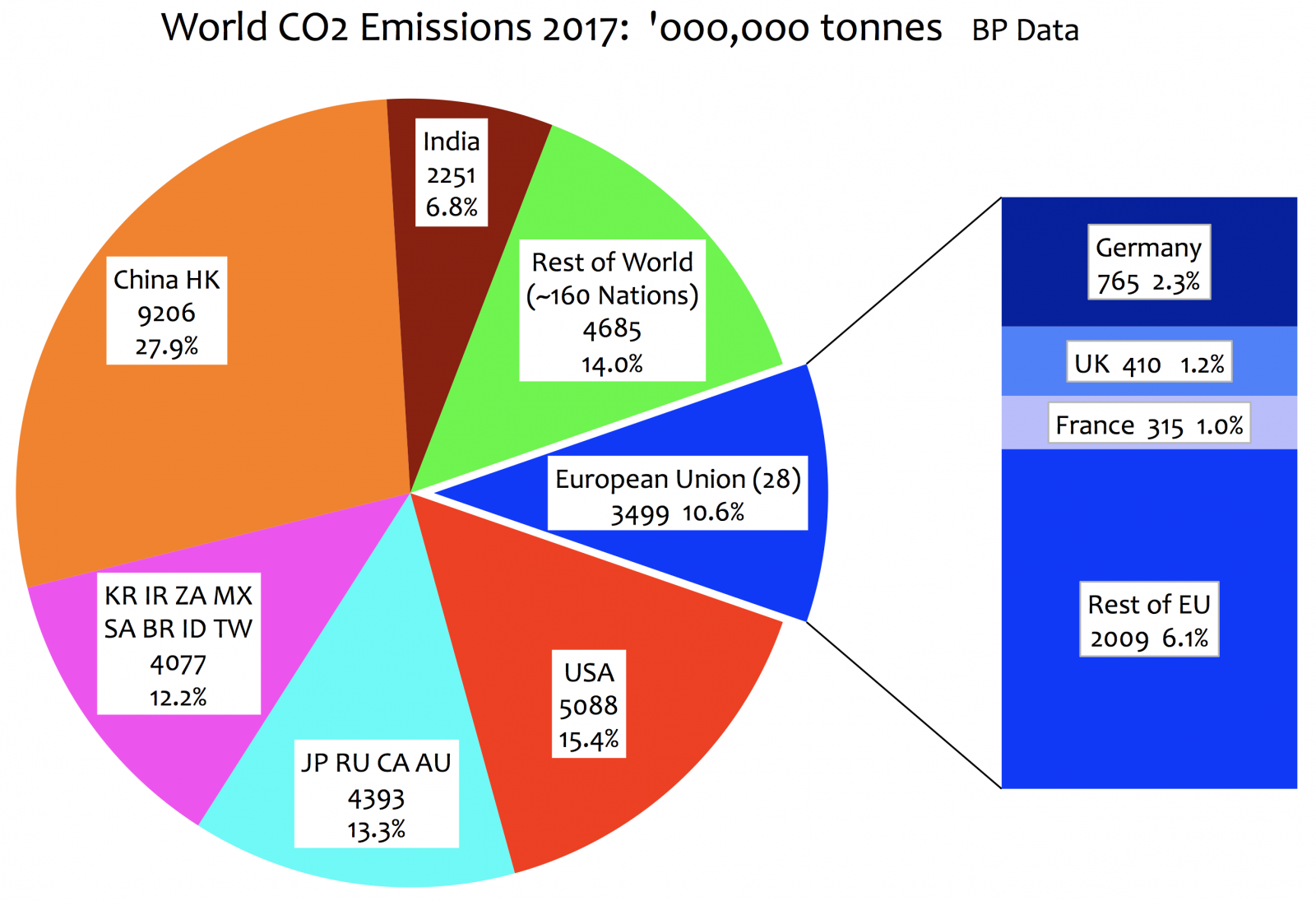
Ocean Energy Cooperation: Diplomatic and Political Aspects for Sustainable Development
Introduction
Ocean energy cooperation is an increasingly important topic in international relations, as countries recognize the potential of utilizing the vast resources of the ocean for sustainable energy production. This article provides an overview of the diplomatic and political aspects of ocean energy cooperation, highlighting its relevance and significance in today’s world.
Historical Background
The evolution of ocean energy cooperation in international relations can be traced back to the early efforts of countries to tap into the immense power of the ocean. Over time, key milestones and events have shaped the diplomatic landscape surrounding this cooperation, creating a foundation for future endeavors.
Key Concepts and Definitions
Understanding the key concepts and definitions related to ocean energy cooperation is crucial in comprehending its diplomatic and political aspects. This section explores the scope of ocean energy cooperation, the role of diplomacy in fostering collaboration, and the political considerations that come into play.
Main Discussion Points
Importance of international agreements and treaties in promoting ocean energy cooperation
International agreements play a crucial role in promoting ocean energy cooperation. This subsection provides an overview of key agreements and their implications for diplomatic and political relations between countries.

Role of diplomacy in resolving conflicts and facilitating cooperation
Diplomacy plays a vital role in resolving conflicts and facilitating cooperation in ocean energy projects. This point delves into the various diplomatic strategies and negotiations employed in the context of ocean energy cooperation, alongside case studies showcasing successful diplomatic efforts.
Economic and geopolitical implications of ocean energy cooperation
Ocean energy cooperation has significant economic benefits and potential for sustainable development. This subsection analyzes the economic advantages and explores the geopolitical considerations and power dynamics that arise between nations engaged in this cooperation.
Environmental sustainability and diplomatic challenges
Balancing economic interests with environmental conservation poses diplomatic challenges in ocean energy cooperation. This section highlights the tensions between countries in addressing environmental concerns and finding sustainable solutions.
Case Studies or Examples
North Sea Energy Cooperation: Successes and challenges
The North Sea Energy Cooperation serves as a prime example of successful regional collaboration in ocean energy projects. This case study examines the achievements and challenges faced by countries involved in this initiative.
Joint Development Zones: Examples of cooperation in shared maritime areas
Joint Development Zones are exemplary models of cooperation between countries in shared maritime areas. This subsection explores the benefits and lessons learned from these collaborative efforts.
Current Trends or Developments
Growth of renewable energy technologies and its impact on ocean energy cooperation
The rapid growth of renewable energy technologies has a significant impact on ocean energy cooperation. This section discusses the advancements in technology and their implications for international collaboration.

Multilateral initiatives and organizations promoting international collaboration
Various multilateral initiatives and organizations actively promote international collaboration in ocean energy projects. This subsection highlights the role of these initiatives in fostering cooperation and exchange of best practices.
Challenges or Controversies
Disputes over territorial claims and exclusive rights to ocean energy resources
Territorial disputes and conflicts over exclusive rights to ocean energy resources present challenges to cooperation. This section examines the controversies surrounding these issues and their impact on diplomatic and political relations.
Differing national interests and conflicting political agendas
Differing national interests and conflicting political agendas can hinder effective cooperation in ocean energy projects. This subsection explores the challenges posed by these factors and suggests potential solutions.
Future Outlook
Potential for increased collaboration and innovation in ocean energy cooperation
The future of ocean energy cooperation holds great potential for increased collaboration and innovation. This section explores the possibilities and predicts the direction this cooperation might take.
Role of emerging powers and changing geopolitical dynamics
Emerging powers and changing geopolitical dynamics will play a significant role in shaping ocean energy cooperation. This subsection discusses the involvement of emerging powers and the impact of shifting geopolitical landscapes.

Conclusion
In conclusion, this article has explored the diplomatic and political aspects of ocean energy cooperation, emphasizing their importance in achieving sustainable development. It has highlighted key discussion points, case studies, current trends, challenges, and the future outlook of this cooperation.
References
United Nations. (1982). United Nations Convention on the Law of the Sea.
European Commission. (2019). North Sea Energy Cooperation.
International Energy Agency. (2020). Offshore Wind Outlook 2019.




